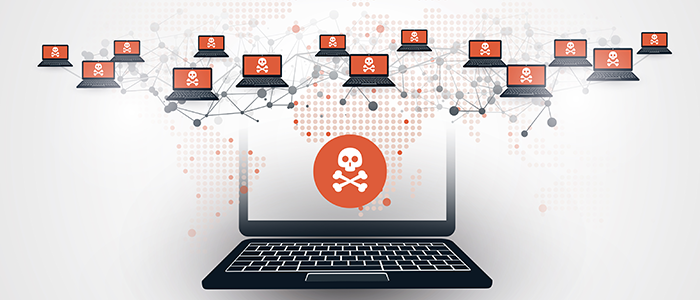
Strengthening Cybersecurity Policies for Chicago SMBs: Your Local Guide
Chicago’s small- and medium-sized businesses (SMBs) face growing cybersecurity threats every day. While technology evolves rapidly, human error remains one of the most common causes of breaches. That’s why a clear, well‑enforced cybersecurity policy is your first line of defense.
In this practical guide, we’ll walk through how Chicago SMBs can build a stronger security culture, mitigate risks, and gain peace of mind.
Why Cybersecurity Policies Matter for Chicago SMBs
Chicago-based businesses, from finance firms in the Loop to healthcare clinics in Oak Park, are attractive targets for cybercriminals. A solid policy framework helps you:
Build trust with clients and regulators
Avoid costly breaches or compliance fines
Keep staff aligned on risk and response protocols
1. Develop Clear, Role‑Based Security Policies
A “one‑size‑fits‑all” policy won’t cut it. Tailor cybersecurity standards for each function:
HR: Multi-factor authentication, audit logs for employee data
Finance: Encrypted transactions, regular system audits
Sales/Marketing: Scanned attachments only, meeting room privacy policies
Customer Support: Handling PHI or sensitive data securely
Operations/Logistics: IoT device security and fallback processes
Washington Daily News
These targeted modules help reduce vulnerability gaps and ensure compliance.
2. Train Your Staff Continuously
Human error is responsible for over 95% of cyber breaches. Regular training is non-negotiable:
Phishing awareness and email hygiene
Password best practices and MFA setup
Safe use of public Wi-Fi, especially in Chicago-area cafés or airports
Focus on recurring sessions and tabletop exercises to build a robust security culture.
3. Enforce a Zero-Trust, Least-Privilege Access Model
Implement role-based access control (RBAC) to limit system exposure
Apply MFA and VPN use for remote access across neighborhoods like Hyde Park or Evanston
Regularly audit access logs and adjust permissions accordingly
This approach minimizes insider risk and ensures that only authorized usage occurs.
4. Update Software & Patch Regularly
Outdated systems are prime targets for attackers. Automate patch deployment and:
Establish monthly backups & test recovery
Vet third-party software vendors for compliance
Follow frameworks like NIST CSF to maintain best practices
Proactivity is your most vigorous defense.
5. Create a Clear Incident Response Plan
Knowing how to respond when an incident occurs is just as important as preventing it:
Define roles, responsibilities, and communication flow
Include legal, compliance, and IT leadership teams
Practice with tabletop drills and simulated scenarios
A well-rehearsed plan significantly reduces downtime and financial loss.
Putting It All Together: Cybersecurity for Chicago SMBs
| Step | Action | Why It Matters |
|---|---|---|
| Role‑based modules | Reduces gaps, aligns operations |
| Regular training and simulations | Lowers risk of human error |
| RBAC + MFA + VPN controls | Limits exposure and data theft |
| Automated updates & vendor audits | Prevents known vulnerabilities |
| Defined plan, roles, and exercises | Ensures faster response and recovery |
How Advanced IT Supports Chicago SMBs
At Advanced IT, we specialize in tailored cybersecurity consulting for Chicago businesses, whether you’re a legal team in Schaumburg, a clinic in Lincoln Park, or a financial firm downtown. From policy creation to training and tabletop testing, we help implement secure, scalable practices aligned with Chicago-specific needs.
Contact our team today to build a strong cybersecurity foundation before it’s too late.

